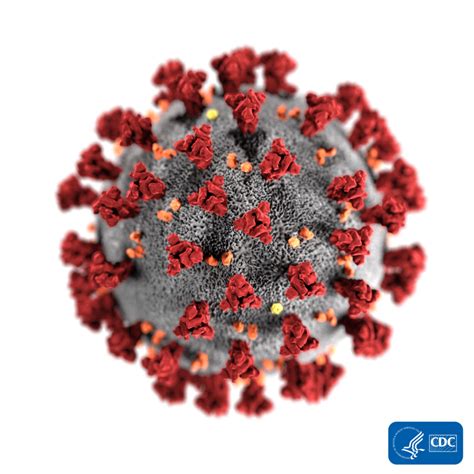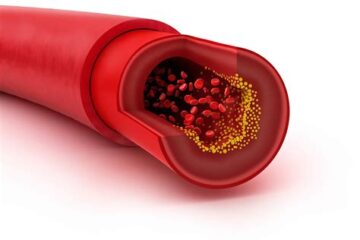
בפוסט זה – סיכון להפרעות קצב לאחר הידבקות בנגיף קורונה @ יואל קסלר- אנו מפרסמים מחדש נתונים ממחקר שנערך לאחרונה , שמראה על סיכון מוגבר להפרעות קצב פרוזדוריות בחולים עם זיהומי קורונה לאחרונה. את המאמר המלא ניתן למצוא כאן.
In this post – Risk of arrhythmias after COVID infection @ יואל קסלר- we republish data from a recent study in the European Heart Journal that shows an increased risk of atrial arrhythmias in patients with recent COVID 19 infections. The full article can be found here.
Risk of arrhythmias following COVID-19: nationwide self-controlled case series and matched cohort study
Ioannis Katsoularis, Hanna Jerndal, Sebastian Kalucza, Krister Lindmark, Osvaldo Fonseca-Rodríguez, Anne-Marie Fors Connolly
European Heart Journal Open, Volume 3, Issue 6, November 2023, oead120, https://doi.org/10.1093/ehjopen/oead120
Published: 21 November 2023
Abstract
Aims
COVID-19 increases the risk of cardiovascular disease, especially thrombotic complications. There is less knowledge on the risk of arrhythmias after COVID-19. In this study, we aimed to quantify the risk of arrhythmias following COVID-19.
Methods and results
This study was based on national register data on all individuals in Sweden who tested positive for SARS-CoV-2 between 1 February 2020 and 25 May 2021. The outcome was incident cardiac arrhythmias, defined as international classification of diseases (10th revision) codes in the registers as follows: atrial arrhythmias; paroxysmal supraventricular tachycardias; bradyarrhythmias; and ventricular arrhythmias. A self-controlled case series study and a matched cohort study, using conditional Poisson regression, were performed to determine the incidence rate ratio and risk ratio, respectively, for an arrhythmia event following COVID-19.A total of 1 057 174 exposed (COVID-19) individuals were included in the study as well as 4 074 844 matched unexposed individuals. The incidence rate ratio of atrial tachycardias, paroxysmal supraventricular tachycardias, and bradyarrhythmias was significantly increased up to 60, 180, and 14 days after COVID-19, respectively. In the matched cohort study, the risk ratio during Days 1–30 following COVID-19/index date was 12.28 (10.79–13.96), 5.26 (3.74–7.42), and 3.36 (2.42–4.68), respectively, for the three outcomes. The risks were generally higher in older individuals, in unvaccinated individuals, and in individuals with more severe COVID-19. The risk of ventricular arrhythmias was not increased.
Conclusion
There is an increased risk of cardiac arrhythmias following COVID-19, and particularly increased in elderly vulnerable individuals, as well as in individuals with severe COVID-19.
For more interesting articles like this check out our blog.


